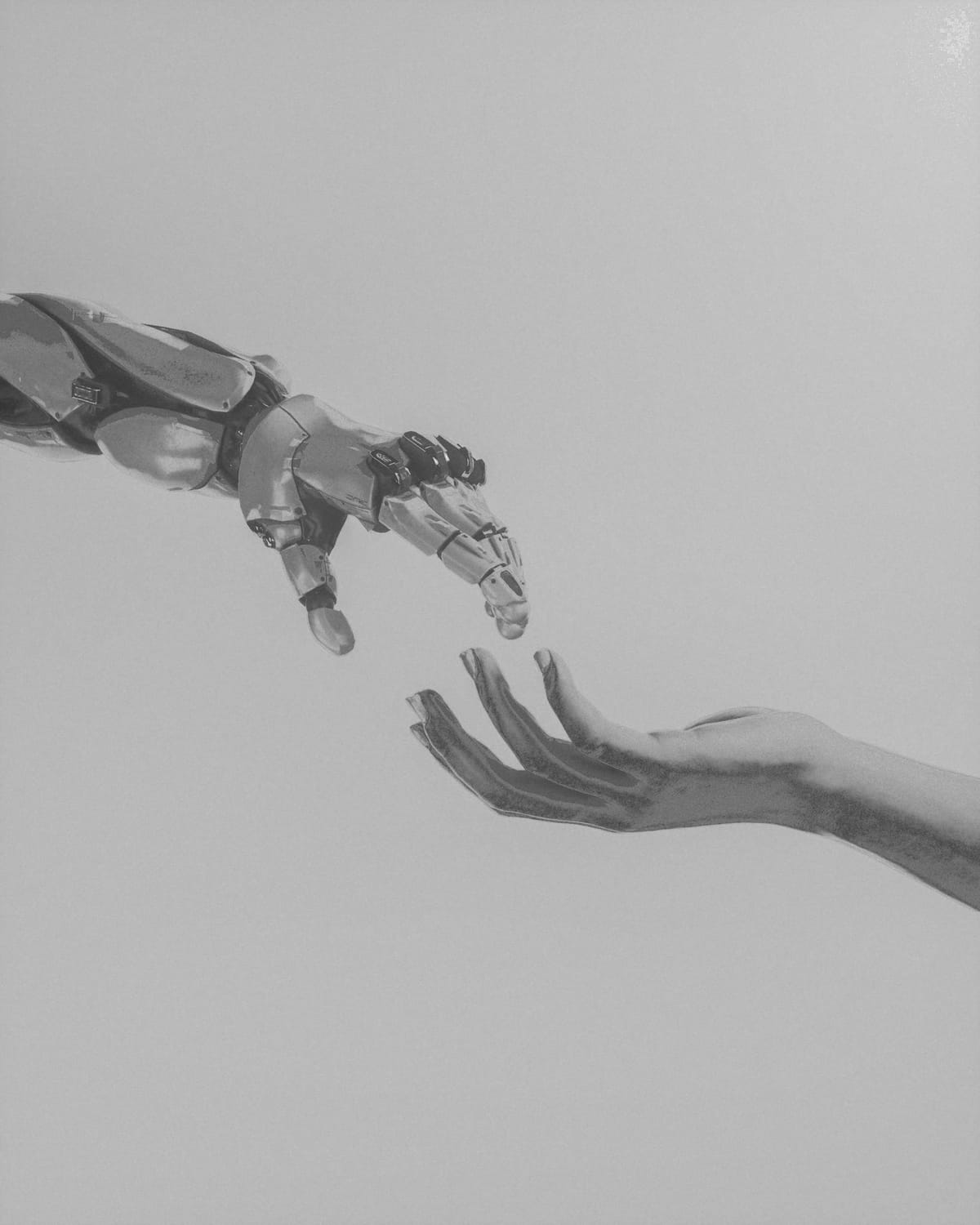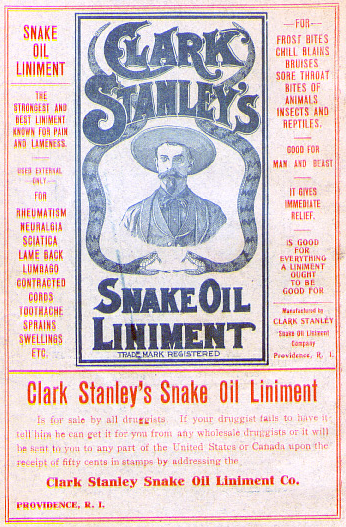slop: on the viscosity of the present
About:
How pig food became the diagnosis of our cultural condition, and what this tells us about where we're heading.
slop: on the viscosity of the present
About:
How pig food became the diagnosis of our cultural condition, and what this tells us about where we're heading.


About:
This essay continues the exploration begun in “The Revolution Will Not Be Psychologized,” examining how artificial intelligence completes the circuit of individualization by eliminating even the need for another human to tell us the problem lies within ourselves.

About:
Starting this newsletter in February was supposed to be an exercise in coherent uselessness. Instead, it opened doors to conversations I never imagined having—including my first podcast in English, where I could finally articulate why our desperate need for certainty is the pathology of our time.

About:
We’ve created a thriving marketplace where empty words thrive, where profundity is packaged and sold by the hour, and where the ability to say nothing with great conviction has become a lucrative career path. The attention economy doesn’t merely benefit from bullshit: it structurally depends on it.

About:
From wellness gurus certain about ancient wisdom to CEOs certain about the future—everyone's performing certainty while drowning in doubt. On the pathology of fake knowing and why admitting ignorance might save us all.
Latest posts
54 posts













